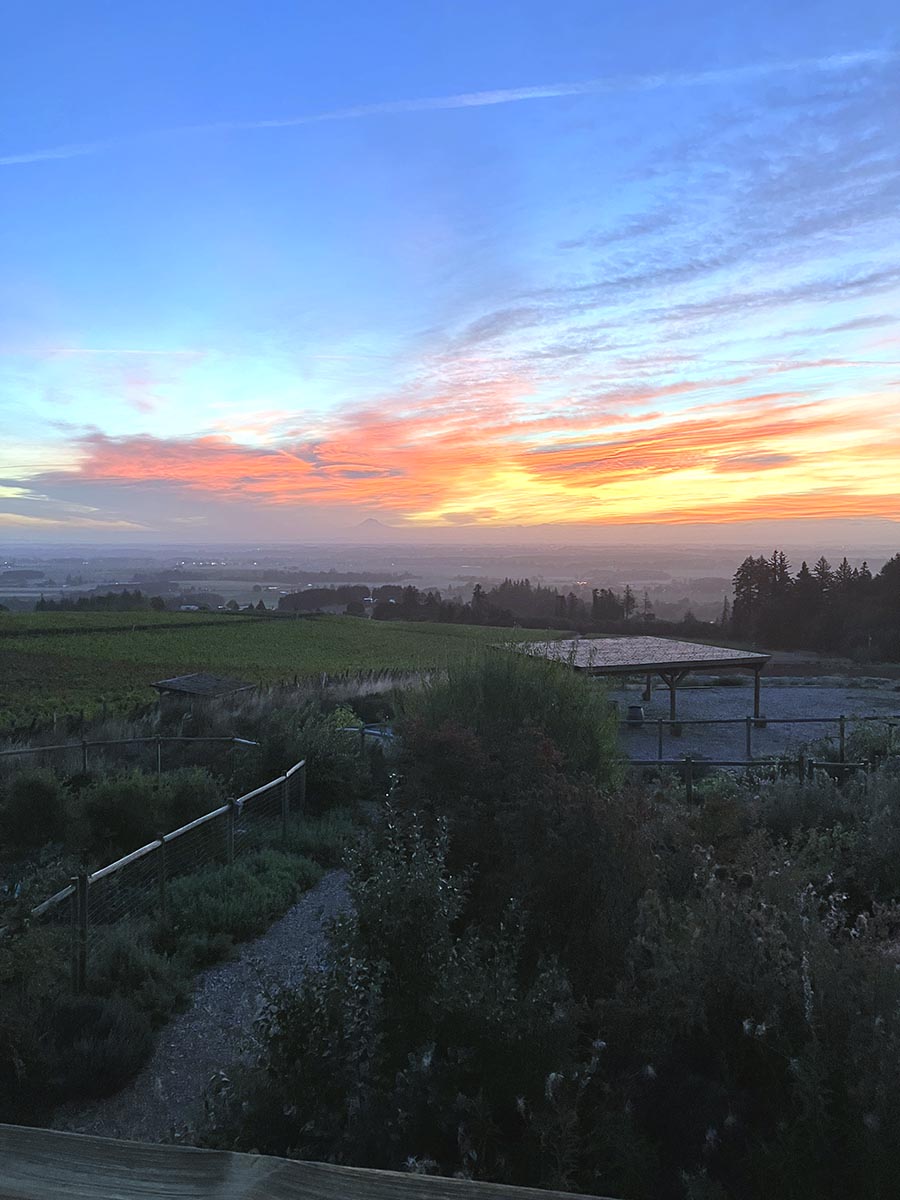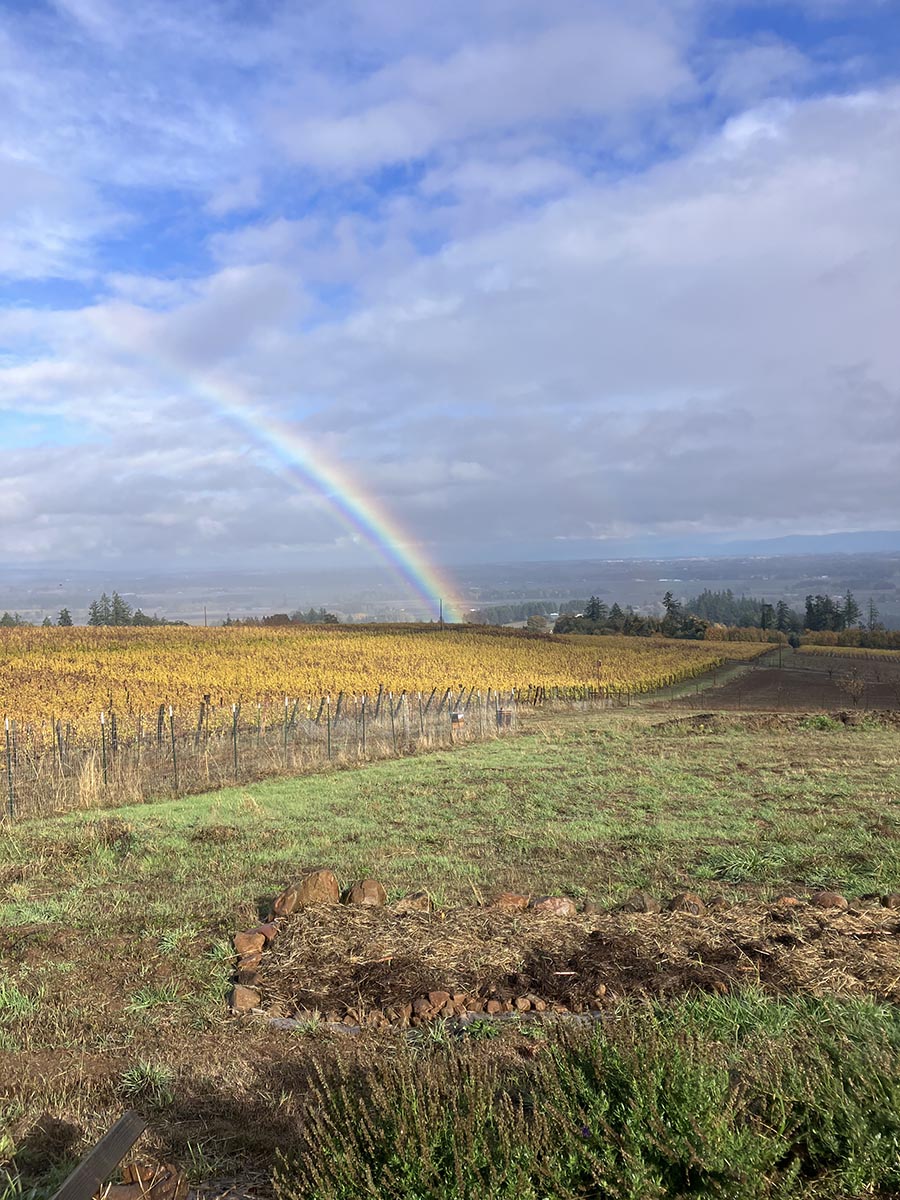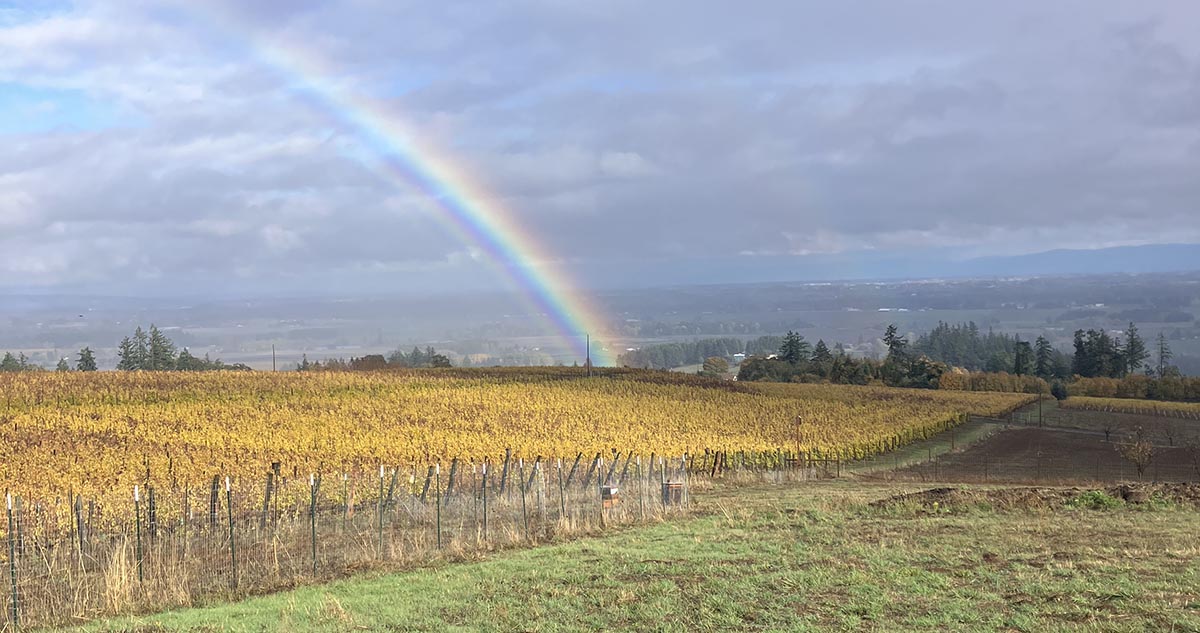“And why is this back and forth-another word for which is sharing; another phrase for which is mutual aid- the gardener’s disposition or, maybe more to the point, practice? Because a garden-a healthy, thriving garden-tells us to. I suspect whether we know it or not, we’re just emulating the garden, which is a repository of sharing.” – Ross Gay, Inciting Joy
As autumn deepens around me in the garden, I have been giving into the unexpected joys that surround me every day. During this time, I find myself awashed by the abundance of seeds, flowers, and veggies. With baskets full of beets, kale leaves, and a white-crown sparrow trilling on the fence, the generosity of the earth can become overwhelming. I’ve noticed that those who tend to the soil often mirror the generosity of their gardens with their actions. Cuttings and starts are given to neighbors who return with their favorite garlic seed they have been growing for forty years. Advice is shared prolifically whether the specifics of mulching your beds overwinter, leaving stems and leaves in the garden, or the best practice for storing dahlia tubers.


This sharing is mostly unintentional; it comes from a natural mirroring of the relationship of profusion we see in our gardens. When your basket is overflowing you can’t help but want to fill others. The feeling of urgency to give back is a form of reciprocity with the natural world, a thanksgiving for the wealth of the garden. I see it in the sharing of freshly dug potatoes, the jar of plum jam, the homemade tomato soup. We give these gifts without expectation and somehow these gifts are returned to us. Their shape is different in the exchange coming as a baby fig tree from someone’s backyard, in a steaming plate of butternut risotto, or a wreath of dried flowers. This mutual flow of back and forth is a radical act, it is the living embodiment of a gift economy.
Gift economies eschew the capitalist agenda of one way interactions where people become units, numbers without meaning or purpose. The gift economy has space for relationships, stories, and art. There is warmth here, the unexpected is easily transformed into a currency, the gift of a homemade fermented wine, the stained glass plant placards, even the generosity of a thank you note. Ideas are not owned, they are shared in the knowing that by enriching the community we all partake in the abundance.
This is one of the facets that I love about gardening, the sharing and community that happens in these spaces. The excitement that is awakened by the mutual flourishing of all ecosystems. We know that one garden is not enough to stop the collapse of ecosystems. However, if we can, as Doug Tallamy calls for, create biological corridors between our gardens, then we can become participants in the restoration of our world. Community and ecological restoration are intertwined in this way. Like the roots of a forest sharing mycelial communications, our gardens are all better off when they are centered in generosity.
Gardens are spaces for communities to gather, where I will gladly pot up that self seeded baby ocean spray for your garden. Where tea or wine are sipped under the branches of a sheltering tree. They are spaces where we defy the status quo. It’s not the gift that I am interested in, but the community, the laughter that comes from the gift economy. The generosity we first learn to mirror from the abundance of the earth itself. There is much at stake in this day and age, and so I take my lessons from the garden with simple acts of defiance. Brewing herbal tea for a grieving friend, laughing over seed catalogs by the fire, and sharing my favorite gardening books. There is radical joy here and the feeling of nourishment that comes from knowing that the earth cares for us when we care for the earth.
– With Love from the Garden
Shannon
Farm to Table
This month, our tasting room menu features sage, delicata squash, apples, kohlrabi, honey, and oregano.
